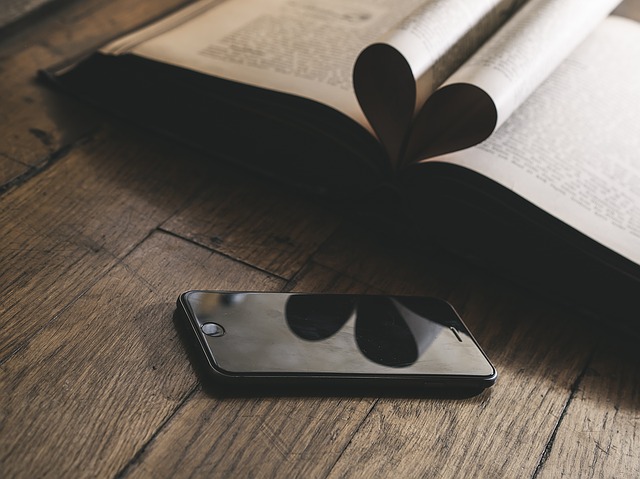“It’s not just a phase, Mom!” says the child growing up in the digital age. Under her arm she holds her Kindle, loaded with all her favorite stories. Before, there used to be people on the bus reading well-loved books. Now people look down at their tablet or phone, reading those same stories on pixelated screens. This is why the digital-age child believes printed books to be a fashion statement gone out of style. But her mother knows—knows that at the end of the day, printed books will never go out of fashion.
In the last decade or so, the digital age has become a problem to the publishing business. With the rise of ebooks, many bookstores saw closures and financial issues. Among the victims was the Borders Group, who had failed to keep up with the rise of digital media. Meanwhile, Barnes & Noble suffered minimal losses since it jumped on the digital train and developed its very own ebook reader, the Nook. When a bookstore’s only hope of survival is to turn to digital books, printed books seemed to become obsolete. What role did they play in this new era of technology designed to make reading more convenient? The heated debate continues to this day.
On one hand, the ebook is extremely convenient in a fast-paced society. It’s new, it’s shiny, it’s glamorous. Meanwhile, the printed book? Not so stylish, bulkier to carry around, and inconvenient to go out and buy. It’s easy to see the appeal of ebooks when compared to printed text. The lack of desire for printed books is the reason for the disappearing bookstores, and that vanishing distribution of text becomes a problem for the publishing business. After all, why produce books when there’s no place for them to go? Especially when it costs so much to publish a book that may never be sold. It’s a concern that has been mulled over as ebook sales rise in comparison to their hardcover counterparts. Luckily for publishers, some book retailers have managed to hang on throughout the digital boom and are slowly but surely making their comeback.
In an article by The Washington Post, it is revealed that used bookstores that were once declining are now on the rise. Even with the easy access ebooks provide, people still want actual bookstores. This is likely due to the fact that
- reading off a page is supposed to be better for your health,
- used bookstores often provide cheaper prices, and
- there’s nothing quite like getting lost in the shelves.
The appeal of a hardcover book is something that will never go away and neither will the joy of browsing the bookstore to find your next favorite book. Buying and reading a book is a unique experience all on its own, and one we all learn to appreciate. From the initial excitement of seeing the cover art to reading the inner jacket, the feeling of crisp pages under one’s fingertips is irreplaceable.
So sure, the ebook can have its glory days. As long as we live in a digital age, it will be here to stay. But printed books have not become obsolete—no matter what anyone says. They aren’t some trend that will be thrown away for a newer one. Printed books are an experience that everyone enjoys and everyone seeks out. If there is one truth I know, being a child of the digital age but part of a generation yearning for the past, it is this: Forget convenience; forget ease. There is a special connection when holding a book in your hands. All you need to do is open one page, and you’re in love. Printed books are here to stay.

